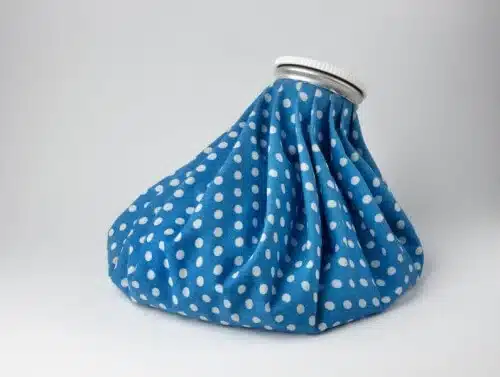What Causes Dry Mouth
We all know the annoying feeling of dry mouth when we are dehydrated. Your mouth feels as arid as a dessert, your tongue sticks to your cheeks, and swallowing is almost an impossible task. Fortunately, most people can alleviate this feeling by taking a few sips of water. However, if you are frequently experiencing dry mouth, it could indicate a different issue. Read on to learn the causes of chronic dry mouth and when to call your doctor.
Xerostomia is the medical term for dry mouth. Patients feel the effects of dry mouth when the salivary glands are not producing enough saliva to properly moisten the oral cavity. Dry mouth itself is not a disease— rather, it is a side effect of medication or a symptom of another condition.
Common Causes of Dry Mouth:
- Dehydration
- Medications
- Radiation therapy
- Stress
- Aging
- Mouth breathing
- Snoring
- Smoking
- Oral thrush
- Diabetes
- Nerve damage
- Cystic fibrosis
- Autoimmune disorders
Saliva is an essential part of the digestion process. When you eat food, saliva softens the food to help break it down for easy digestion. Proper saliva flow is also vital to oral health. It protects your smile from tooth decay by washing away excess food particles, neutralizing the acids produced by mouth bacteria, and killing harmful germs. Additionally, the hard and soft tissues in the mouth depend on saliva for optimal function. Patients with chronic dry mouth often report having a constant scratchy throat, burning sensations, difficulties speaking and swallowing, and dry nasal passages.
Symptoms of Dry Mouth
- Bad breath
- Dry tongue
- Scratchy throat
- Cracked lips
- Burning sensation in the mouth
- Poor taste ability
- Challenges with swallowing & chewing
Preventing Dry Mouth
Proper hydration can prevent the feelings of dry mouth. If you have a tough time sipping on water throughout the day, try sucking on ice cubes (remember not to chew the ice). Patients can also find relief from dry mouth by stimulating saliva production. Saliva flow is naturally highest right after finishing a meal, but snacking consistently throughout the day can have negative consequences for oral health. Chewing sugar-free gum or sucking on sugar-free candies are healthy ways to trigger saliva production.
Dry mouth is often a symptom of underlying health conditions, so treating the condition can cure these patients’ dry mouth. Alcohol, caffeine, sugar, salt, tobacco, and recreational drugs can also contribute to dry mouth. Therefore, limiting intake of these substances has helped many individuals find relief. If you are having difficulties finding a solution to chronic dry mouth, your doctor may prescribe saliva substitutes or other medications.






